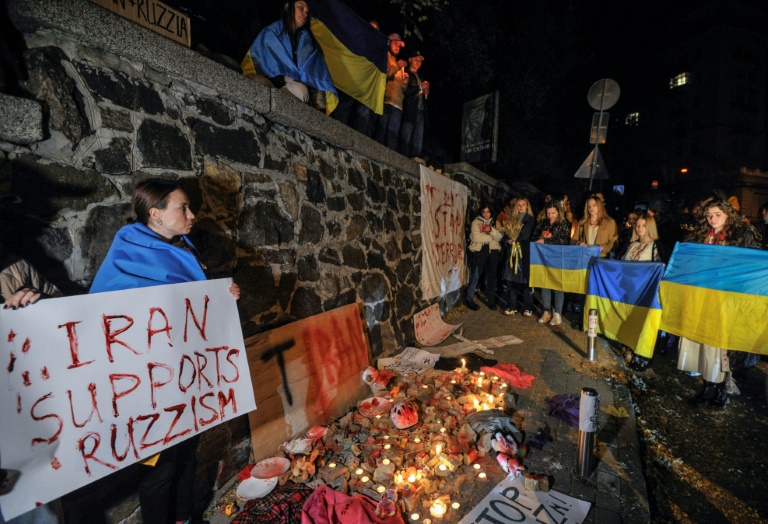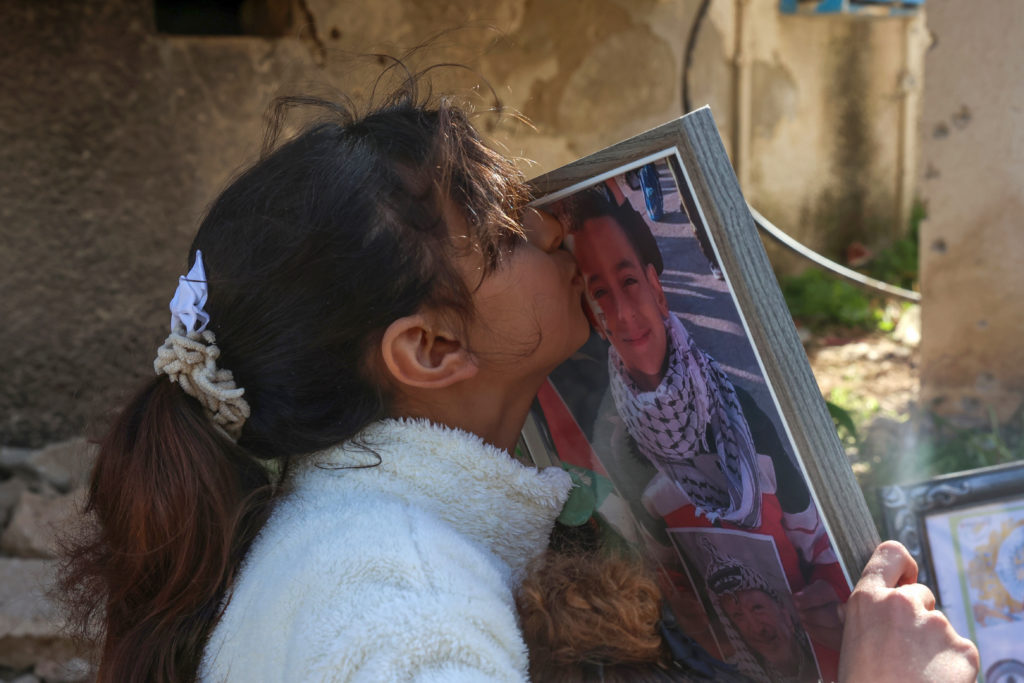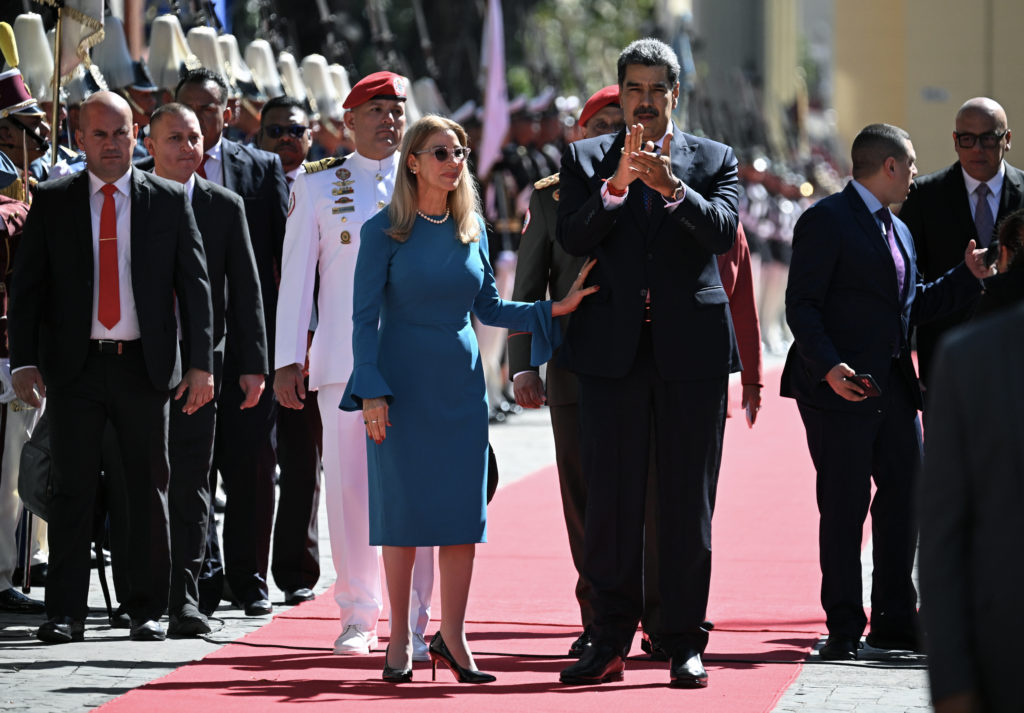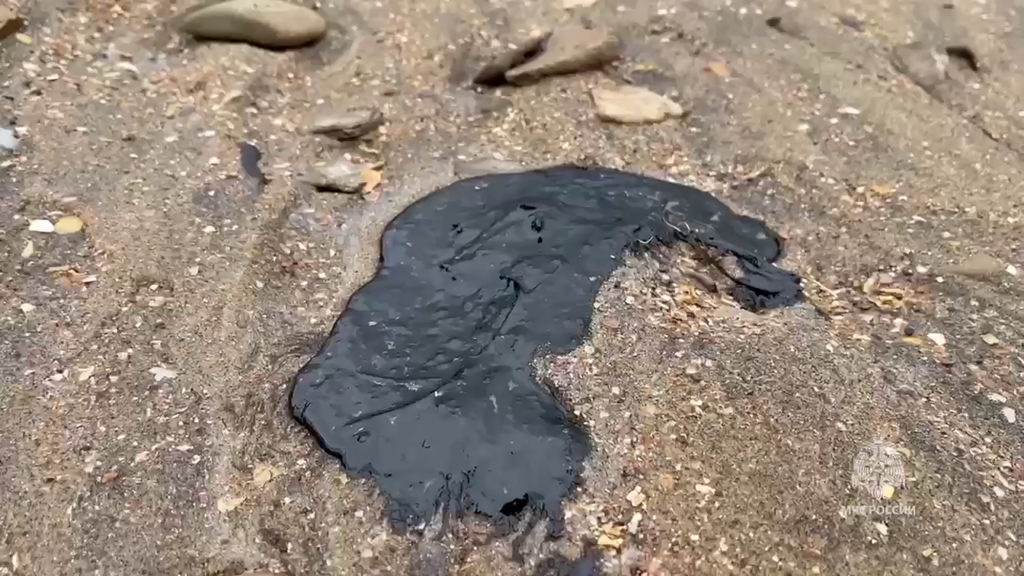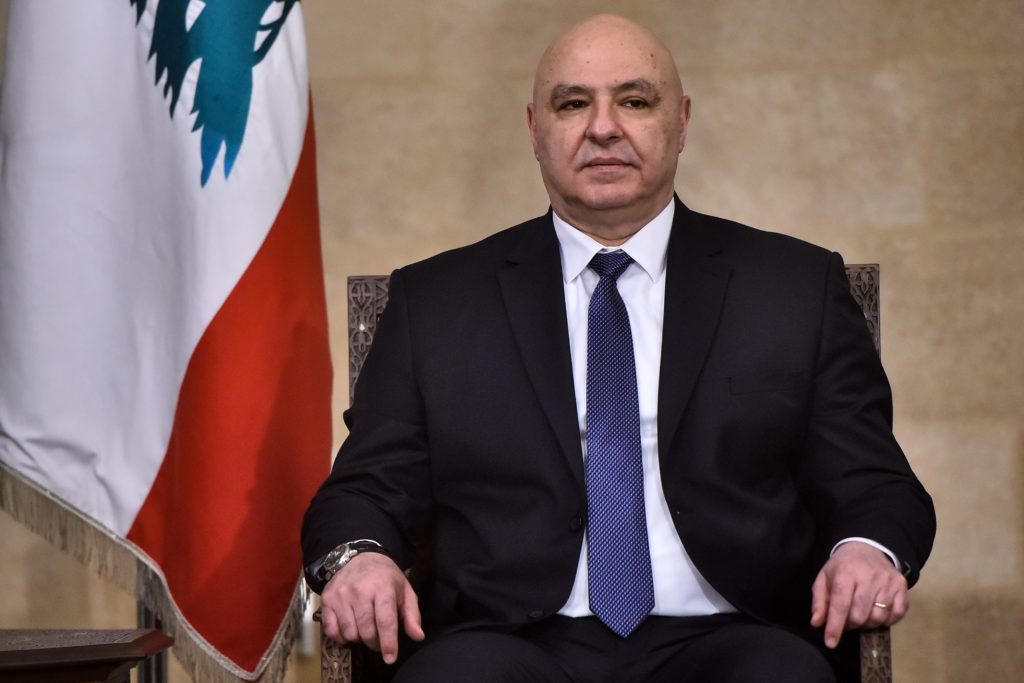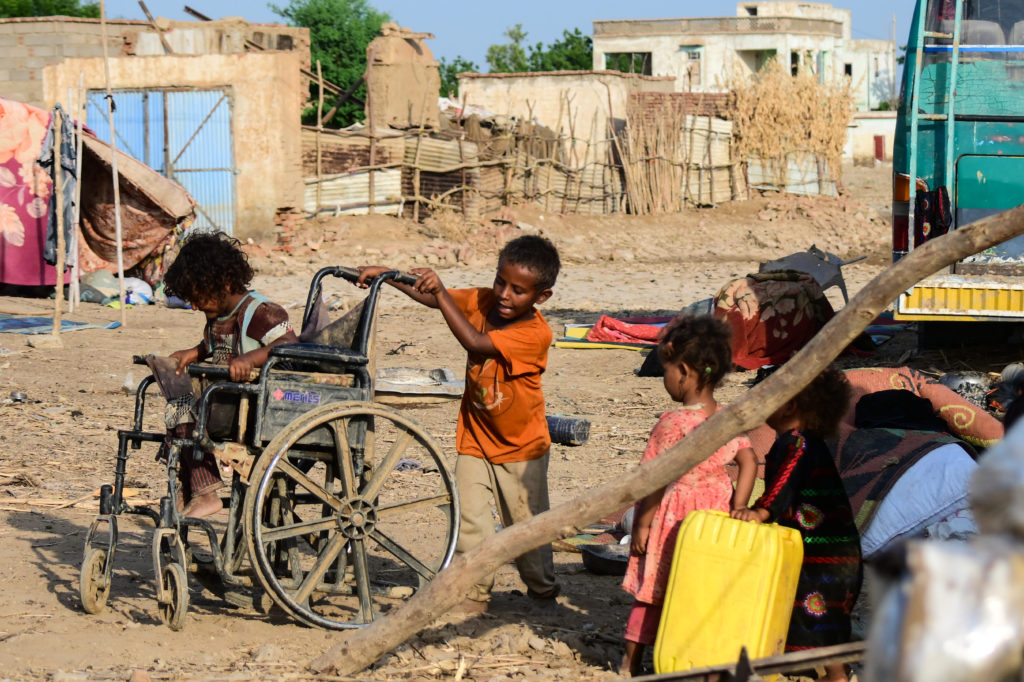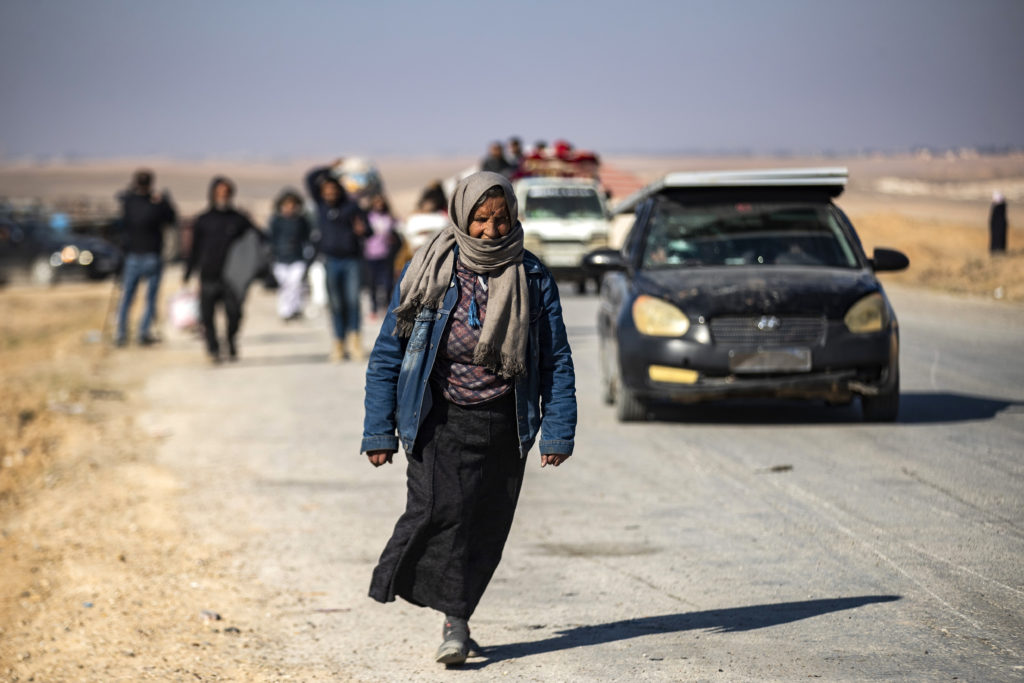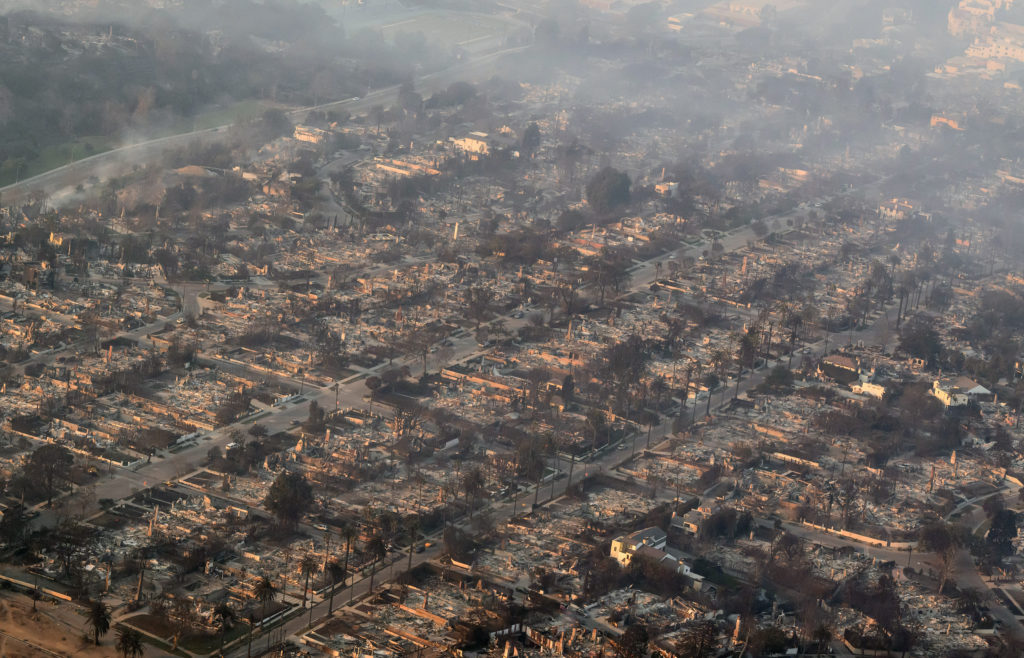People demonstrate outside the Iranian embassy in Ukraine after Kyiv was hit by swarms of kamikaze drones sold by Iran to Russia
The European Union on Wednesday readied new sanctions on Iran over its supply of drones to Russia ahead of a UN Security Council meeting on the unmanned attacks that have caused destruction in Ukraine.
The United States, France and Britain requested the closed-door Security Council discussion at which they will voice alarm, diplomats said.
Russia holds veto power at the Security Council and would be sure to kill any resolution. But the United States and France have warned that Iran is violating a Security Council resolution by arming Russia in its war in Ukraine.
Ukraine has for weeks reported attacks by Russia with Iranian Shahed-136 drones — unmanned aircraft whose warheads explode in kamikaze landings — and has moved to cut relations with Tehran.
Iran and Russia have both denied the use of the drones, with Tehran saying it wants talks with Ukraine. But the European Union said Wednesday it had confirmed that Iran has supplied the drones to Russia.
Nabila Massrali, spokeswoman for EU foreign policy chief Josep Borrell, said the bloc had “gathered our own evidence” and would prepare “a clear, swift and firm EU response.”
A list seen by AFP showed the bloc planned sanctions on three senior military officials, including General Mohammad Hossein Bagheri, the chief of staff of Iran’s armed forces.
The sanctions, set to be approved Thursday before an EU summit in Brussels, would also hit drone maker Shahed Aviation Industries, an aerospace company linked to the powerful Revolutionary Guards.
The Ukrainian military said Wednesday that it had shot down more than 220 Iranian-made drones in little more than a month, although a drone bombardment on the capital Kyiv on Monday left five people dead.
– US sees UN violation –
The United States has charged that the drones, formally known as unmanned aerial vehicles (UAVs), violated UN Security Council Resolution 2231 of 2015 that blessed a now moribund nuclear deal.
The resolution’s ban on Iran’s conventional arms sales expired in 2020, despite attempts by the then-US administration of Donald Trump.
But the resolution still bans through October 2023 any transfers that could benefit nuclear-capable ballistic missiles unless there is permission from the Security Council.
“Iran’s supply of these specific types of UAVs to Russia is a violation of UN Security Council Resolution 2231, and it is an issue for the UN Security Council,” State Department spokesman Vedant Patel said Wednesday.
The alleged arms transfers come as Iran is facing growing pressure over its crackdown on the biggest protests in years, which were sparked by the death of Mahsa Amini, a 22-year-old detained by the clerical state’s notorious “morality police.”
The unrest has led to new Western sanctions over human rights and put on the backburner efforts by US President Joe Biden to restore the 2015 nuclear deal, from which Trump pulled the United States.
Western officials have highlighted the Iranian drones as evidence that Russia, historically one of the world’s largest arms exporters, has seen its arsenal badly depleted from losses on the battlefield.
The United States has released intelligence saying that the Iranian drones have frequently malfunctioned and that Russia has also turned to North Korea, although China has reportedly rebuffed calls to send weapons.
Estonian Defense Minister Hanno Pevkur, on a visit to Washington, said that Russia was relying on drones both because of low supplies and due to Ukraine’s success in the skies.
The Russians “understand that in air, they don’t have supremacy at the moment because there is air defense from the Ukrainian side. They’ve lost many airplanes already,” Pevkur told reporters.

